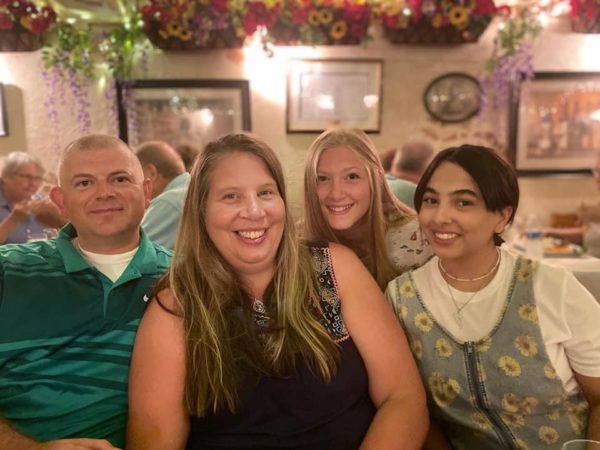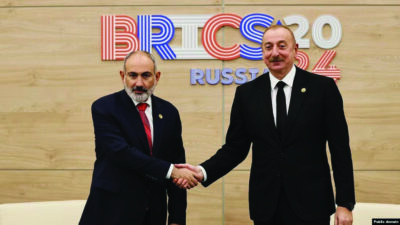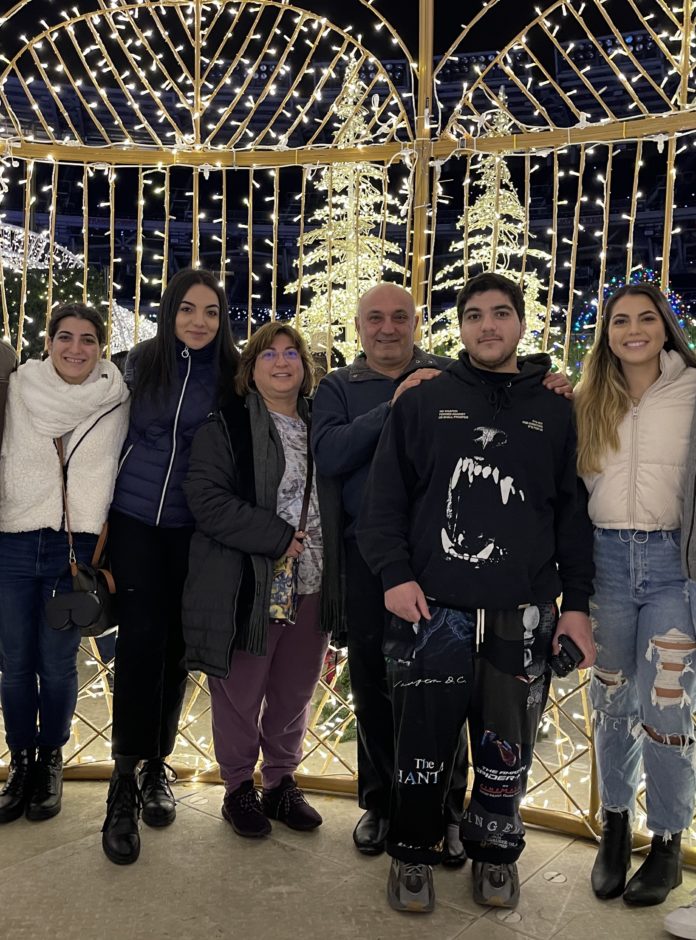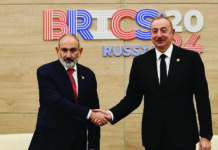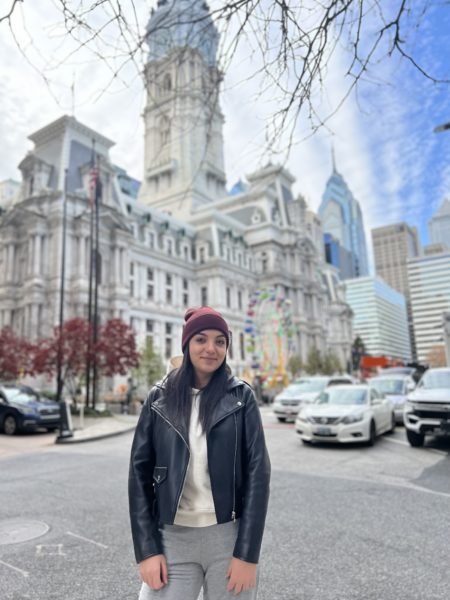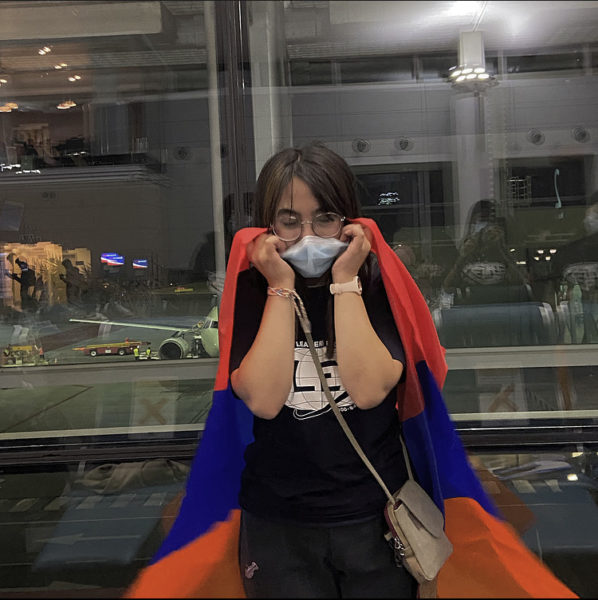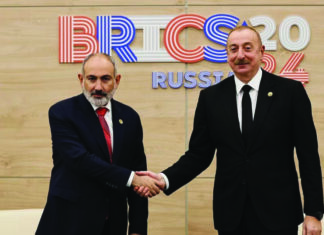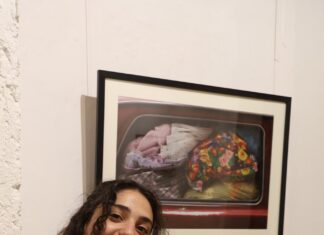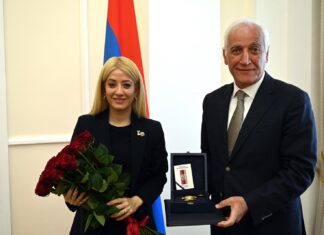WASHINGTON — Esther-Marie Emslie of ASSE International Student Exchange Program is excited to proselytize about her organization.
The American Scandinavian Student Exchange (ASSE) was established in 1976 by the Swedish government but its roots go back to 1938 when the country’s Ministry of Education started a program with the goal of allowing Swedish and German high school students to spend a school year in another country.
Today, it has expanded around the world to 60 countries, from Australia to Italy and from Denmark to New Zealand. About 30,000 high school age students and host families participate annually around the world. The program also has 38 offices in 31 countries.
Students from the US go to 25 countries. The students, both the ones coming to the US and those going overseas, stay with host families for the entire school year.
This year there are two students from Armenia, Mariana and Anna, both of whom received a full tuition for the program. (Emslie asked that the girls’ last names not be used.)
Emslie is a volunteer with the organization. “There are representatives like me all across the US,” she said.
